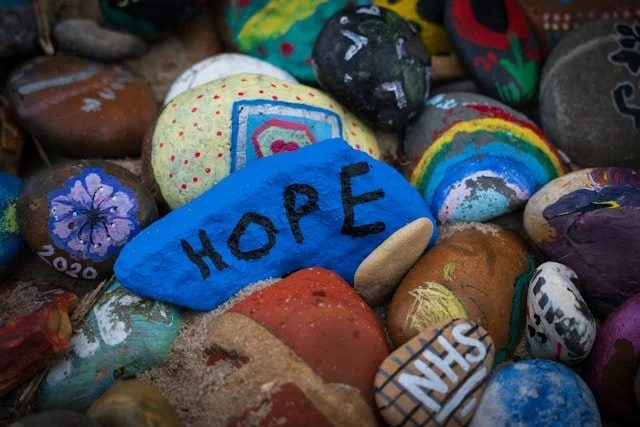Last week, on the eve of the anniversary of 9/11, Charlie Kirk was assassinated. The founder of Turning Point, USA, Kirk was an outspoken Christian conservative.
On Sunday, before our sermon, we prayed for our country in light of the assassination, the religiously motivated shooting in Minneapolis, the racially motivated murder in Charlotte, and the school shooting in Denver. We kept the rest of the service as planned. We preached on the planned text in 1 Corinthians 7 and shared the same announcements that had been planned.
On Sunday afternoon, I spent an hour and a half with a family member processing their upset that their church spent most of their Sunday service focused on Kirk’s murder.














